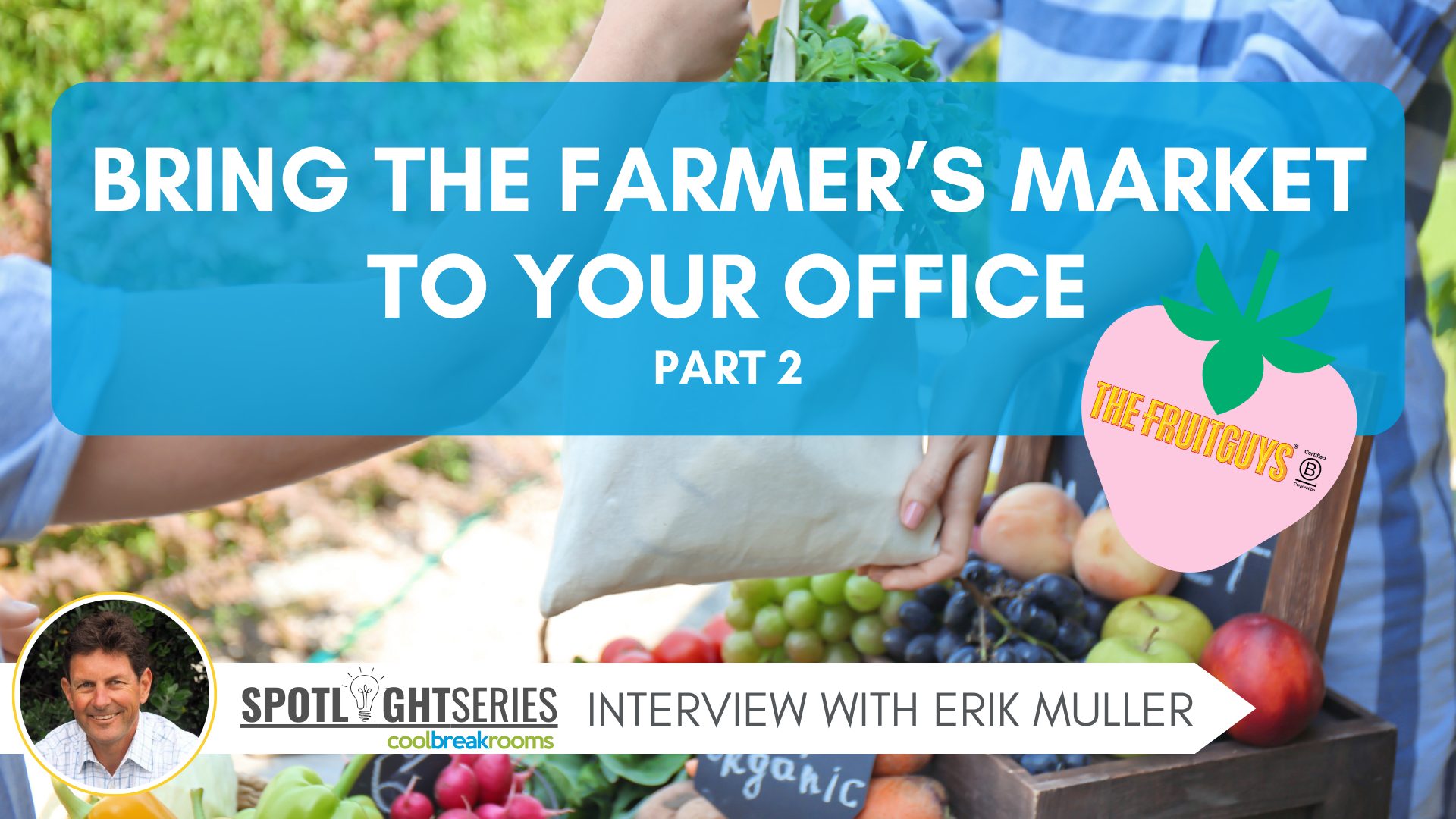Unconventional Case Studies: How Local Farms Are Using Storytelling to Attract Urban Consumers
Meta Description: Explore how local farms are leveraging storytelling to bridge the gap with urban consumers, driving engagement and sales through innovative marketing strategies. Discover real-life case studies and insights into effective practices.
In the age of digital marketing, the significance of storytelling has taken center stage, particularly among local farms facing the challenges of urban consumer engagement. By utilizing narratives that resonate with consumers, these farms are not only increasing their visibility but are also cultivating a deeper emotional connection with their audience. In this blog post, we will delve into unconventional case studies that illustrate how local farms are effectively using storytelling to attract urban consumers, fostering community connections, promoting sustainability, and ultimately driving sales.
Understanding the Importance of Storytelling in Agriculture
Storytelling has emerged as a powerful marketing strategy across various industries, and agriculture is no exception. This approach allows local farms to present their unique identities, share their journeys, and highlight their values. As urban consumers increasingly seek out more meaningful connections with their food sources, storytelling serves as a bridge that fills the gap between farms and consumers.
Why Are Local Farms Embracing Storytelling?
Humanizing the Brand: Effective storytelling allows farms to present their human side. By sharing personal anecdotes from farmers or detailing the farming process, consumers can relate more closely to the brand, fostering loyalty and emotional investment.
Building Trust: Transparency is a key element of trust. When farms use storytelling to illustrate their sustainable practices, origins, and the challenges they face, they create a foundation of honesty that appeals to conscientious consumers.
Engaging Consumers: Urban consumers are often looking for experiences. By inviting them into their stories, farms create a richer narrative that goes beyond just the products sold, involving consumers in the entire cycle of farming.
Real-Life Case Studies
1. Blue Hill Farm: Crafting a Narrative Around Sustainability
Located in New York, Blue Hill Farm exemplifies how storytelling can dramatically enhance a farm's appeal to urban consumers. Known for its farm-to-table restaurants, Blue Hill Farm uses the narrative of sustainable practices to engage customers looking for authentic dining experiences. Each dish served at their restaurants comes with its own story, explaining the origins of the ingredients and the ethical farming practices involved. This strategy not only strengthens customer loyalty but also nurtures an understanding of local sourcing among urban dwellers.

2. The Fruit Guys: Connecting Farmers to Consumers
The Fruit Guys take storytelling a step further by spotlighting the individual farmers from whom they source their produce. Through farmer profiles shared in marketing materials, customers gain insight into the personal stories of those behind their food. This creates an emotional connection that encourages urban consumers to appreciate and support local agriculture. By showcasing the passion and dedication of farmers, The Fruit Guys successfully bridge the gap between urban consumers and their food sources.

Consumer Behavior and the Power of Storytelling
Recent statistics shed light on the growing importance of storytelling in consumer choices:
- According to a 2019 Food and Agriculture Organization (FAO) report, 88% of consumers are willing to pay more for products that offer a transparent and relatable story.
- Additionally, 94% of consumers report a greater likelihood of loyalty to brands that provide clarity regarding their sourcing practices.
These numbers highlight that consumers are not just purchasing a product; they are investing in a story that resonates with their values.
Impact of Storytelling on Sales
The significance of storytelling extends beyond consumer engagement. Research from a Nielsen Global Survey showed that 76% of consumers find branded content more trustworthy than traditional advertising. This finding reinforces the idea that local farms can significantly benefit from weaving narratives into their marketing strategies. For instance, businesses that effectively utilize storytelling have seen a notable increase in sales—a direct result of fostering loyalty and emotional connection.
Connection to Community Initiatives
Storytelling also plays a vital role in connecting local farms with community initiatives. One notable example is Farm Fresh to You, a community-supported agriculture program that emphasizes storytelling to connect urban consumers with rural farmers. By sharing the narratives of participating farms, they have observed increased community involvement and subscription to their services. This not only boosts the local economy but also fosters collaborative food systems that benefit all stakeholders.
Promoting Sustainability Through Narrative
Sustainability is a growing concern among conscious urban consumers. Local farms like Earthbound Farm leverage storytelling to highlight their commitment to sustainable agricultural practices. By detailing practices such as organic farming and environmental stewardship, they attract consumers who prioritize sustainable sourcing. Notably, research shows that organic farming can lead to a 30% decrease in overall environmental impact compared to conventional farming.

Harnessing Digital Engagement and Social Media Trends
In today’s digital landscape, social media has revolutionized the way stories are shared. Statistics indicate that 74% of consumers feel a stronger connection to brands that effectively utilize storytelling on platforms like Instagram or Facebook. Local farms that engage with their audience through storytelling campaigns, such as sharing behind-the-scenes content or customer testimonials, can significantly enhance their online presence and foster community engagement.
Educational Aspects of Storytelling
Local farms are also embracing storytelling through educational programs and workshops designed for urban consumers. Many farmers' markets host cooking demonstrations and events featuring local ingredients, weaving narratives that connect participants with local producers. These initiatives not only inform but also inspire urban dwellers to explore local culinary experiences, ultimately encouraging more sustainable purchasing behaviors.
Recommendations for Best Practices in Storytelling
For local farms seeking to implement storytelling as a marketing strategy, consider these actionable tips:
- Develop a Compelling Narrative: Share your farm's unique history or the journey of a specific product.
- Highlight Testimonials: Use stories from farmers or loyal customers to lend an authentic voice to your brand.
- Engage Through Interactive Content: Create blogs, podcasts, or social media content that invites consumers to be a part of your story.
Quotes from Experts
Incorporating insights from industry experts can enhance the credibility of your storytelling efforts. For example, renowned agricultural economists argue that “storytelling plays a crucial role in building trust and engaging consumers, especially in the local food movement.”
Conclusion
As urban consumers continue to seek meaningful connections with their food sources, local farms have a unique opportunity to leverage storytelling as a marketing strategy. By sharing their narratives, emphasizing sustainability, and engaging with the community, these farms can not only attract urban consumers but also foster loyalty and drive sales.
If you're an urban consumer looking to support local farms, consider exploring farmers' markets, engaging with Community Supported Agriculture (CSA) programs, or even visiting local farms to learn more about their stories. And for local farm owners, now is the time to harness the power of storytelling to connect with your audience and inspire action.
